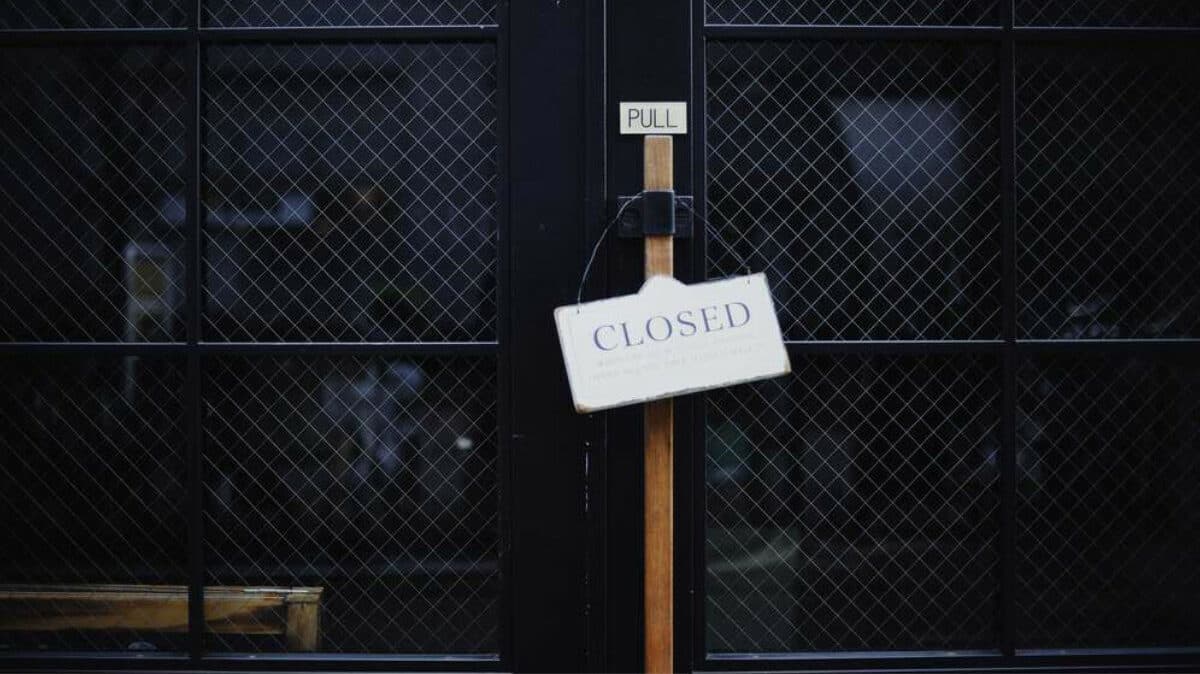A new survey has revealed that over 30 per cent of Australian SME owners believe they might have to close shop in the first six months of economic downturn.
The survey, commissioned by Small Business Loans Australia, found that Queensland businesses ranked first in those that would struggle in a recession (27 per cent). This was followed by NSW (20 per cent) and Victoria (18 per cent), two states that underwent long periods of restrictions and lockdowns in the past two years.
Additionally, while more than half of the businesses surveyed remain concerned about the impacts of a potential recession, 45 per cent say they would be worse-off if existing rising inflation persists.
“The survey results are concerning,” said Alon Rajic, founder and managing director of Small Business Loans Australia. “Many Australian businesses have had to endure a tough two years of decreased margins and cashflow, due to operational limitations, lockdowns, and lower consumer confidence.
“As a result, many SMEs are heading into a recession without a savings cushion or plan B. The sector is extremely resilient and my hope is that businesses have learned from the pandemic to have some safeguards prepared to see the other side of this period.”
The data also indicated that the larger businesses were least equipped to combat the impact of a recession, compared with 26 per cent of small businesses (with 11-50 employees) and 16 per cent of micro businesses (with 1-10 employees).
Mr Rajic elaborated, “Recessions can affect businesses of all sizes, however, typically larger companies can have an extra financial buffer to fall back on, as it is normally easier for them to secure financing. It is concerning to see established businesses have a gloomy outlook on their ability to survive a recession.”
How can businesses improve their financial security?
According to Mr Rajic, businesses who proactively make changes and put safeguards in place will be better equipped during periods of economic downturn.
His tips include:
- Renegotiate vendor agreements and re-examine accounting books to cut costs where possible
- If increased rate rises are affecting payments of business loans, consider consolidating debts and refinancing loans to secure a lower rate
- Make good use of comparison services to find the most appropriate loan that will allow for fixed lower interest rates

